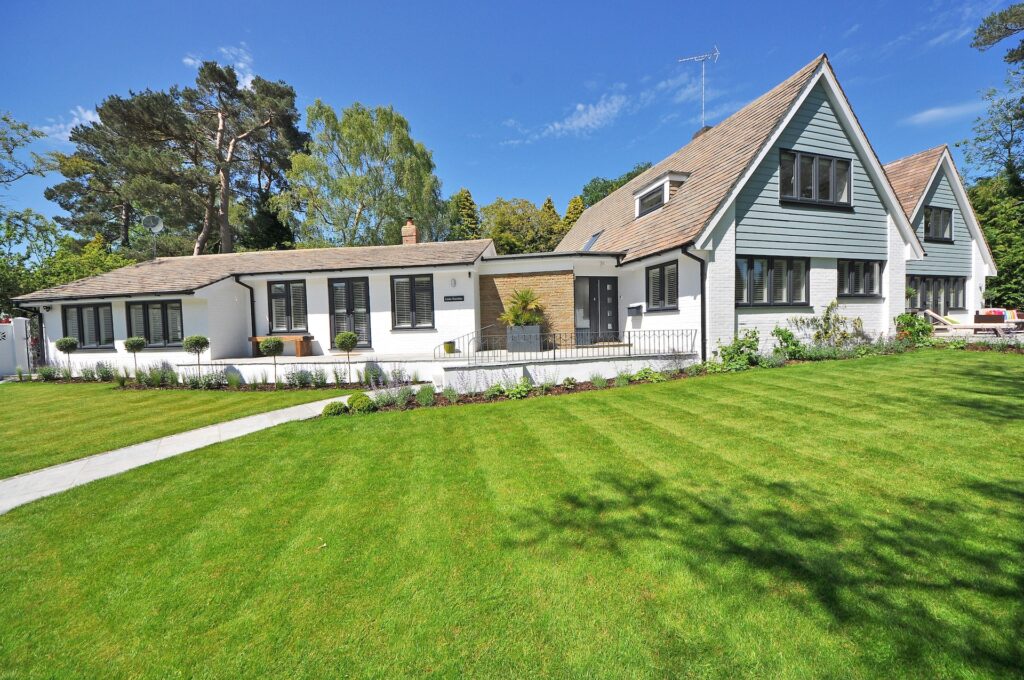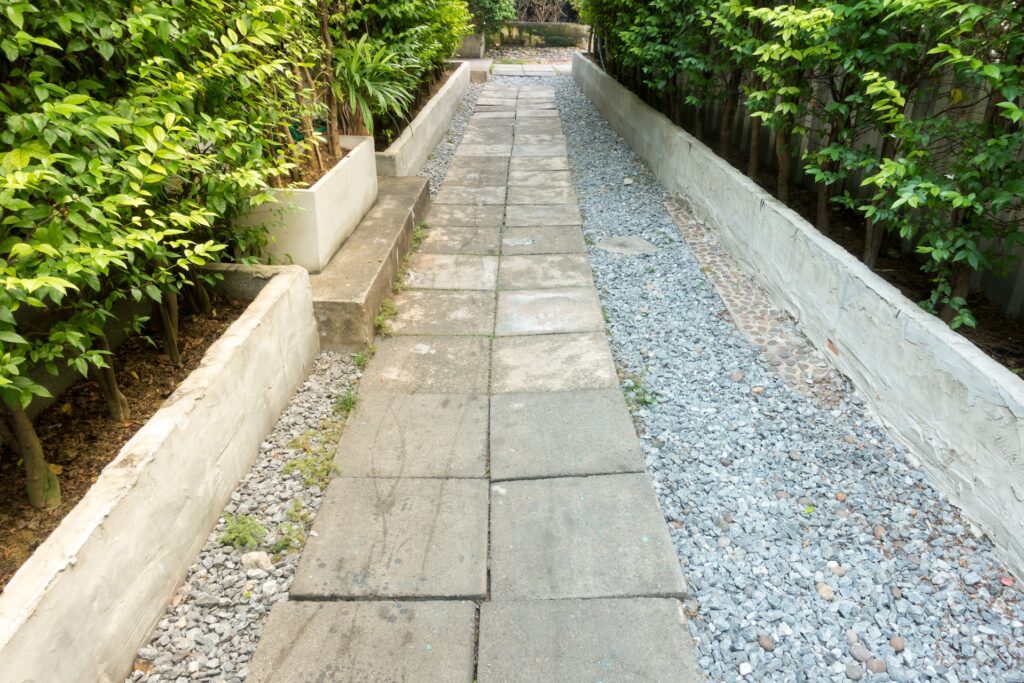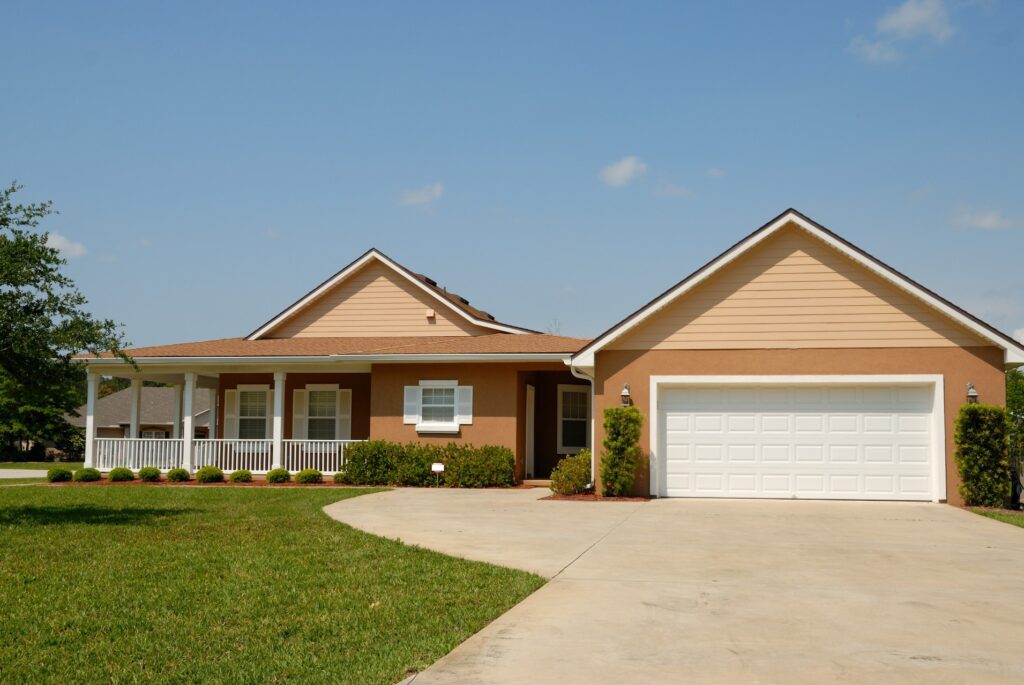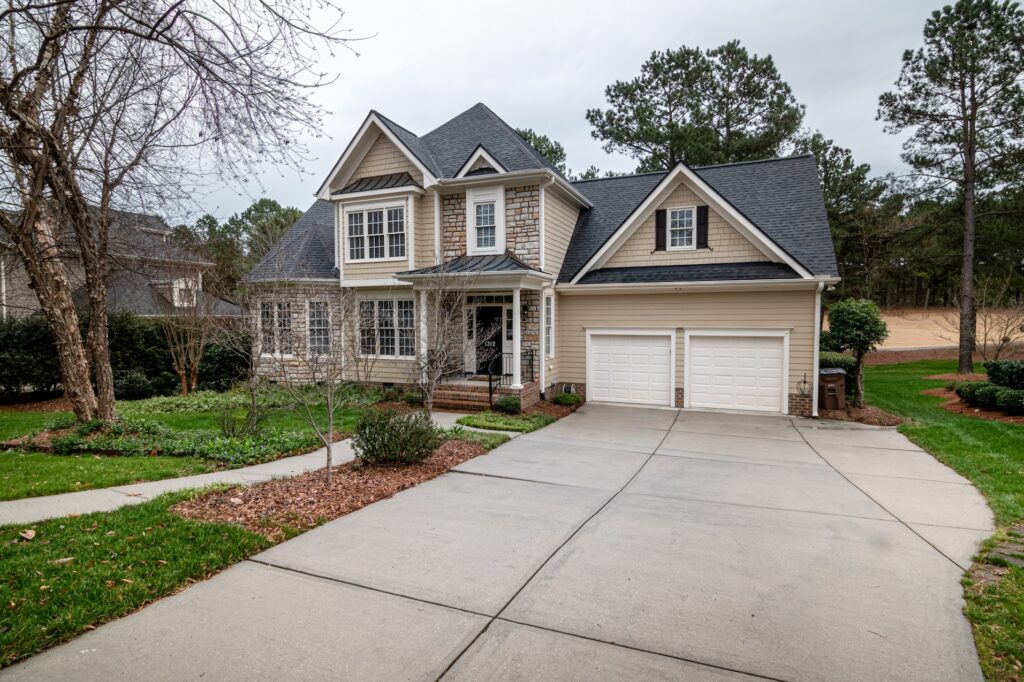Remember that the real estate market in Kansas City can vary by neighborhood, so it’s essential to consider local trends and buyer preferences when planning home improvement projects. Additionally, while these improvements can potentially increase your home’s value, it’s important to weigh the costs against the expected return and your long-term plans for the property.
If you own a home in Kansas City and are looking to improve its value, there are several strategies you can consider. Here are some ways to increase your Kansas City home’s value:


Curb Appeal: First impressions matter, so invest in landscaping and exterior improvements. Maintain a well-kept lawn, add some colorful flowers, and consider painting the exterior for a fresh look.
Kitchen Remodel: Kitchens are often a focal point for homebuyers. Consider updating countertops, cabinets, appliances, and fixtures. An open concept kitchen is also a popular feature.
Bathroom Upgrades: Modernize bathrooms by replacing outdated fixtures, adding new tiles, and ensuring good ventilation. A bathroom renovation can provide a good return on investment.
Energy Efficiency: Improve energy efficiency by adding insulation, sealing gaps, upgrading windows and doors, and installing energy-efficient appliances. Energy-efficient homes are often more attractive to buyers.
Finished Basement: If you have an unfinished basement, finishing it can add valuable living space to your home. A finished basement can be used for various purposes, such as a family room, home office, or additional bedroom.
Deck or Patio: Adding a deck or patio can increase your home’s living space and make it more appealing for outdoor entertaining.
Painting and Flooring: Fresh paint and new flooring can transform the look of your home. Choose neutral colors that appeal to a broad range of tastes.
Smart Home Features: Consider adding smart home technology like thermostats, security systems, and lighting control. These features can make your home more attractive to tech-savvy buyers.
Updating Fixtures: Replace outdated light fixtures, faucets, and cabinet hardware. These small changes can make a big difference in the overall appearance of your home.
Roof and Exterior Maintenance: Ensure that your roof is in good condition, and make any necessary repairs. A well-maintained roof can be a selling point.
Home Office: Given the increasing trend of remote work, having a dedicated home office space can be a selling point for buyers. Convert a spare room into a functional home office.
Basement Waterproofing: If your home has issues with water intrusion or basement flooding, investing in basement waterproofing can protect your home and improve its value.
Proximity to Amenities: Highlight any nearby amenities, such as parks, schools, shopping centers, and public transportation, when marketing your home. These factors can influence a buyer’s decision.
Consult with a Realtor: Before making any major renovations, consult with a local real estate agent. They can provide insights into what improvements are likely to yield the best return on investment in your specific area.











